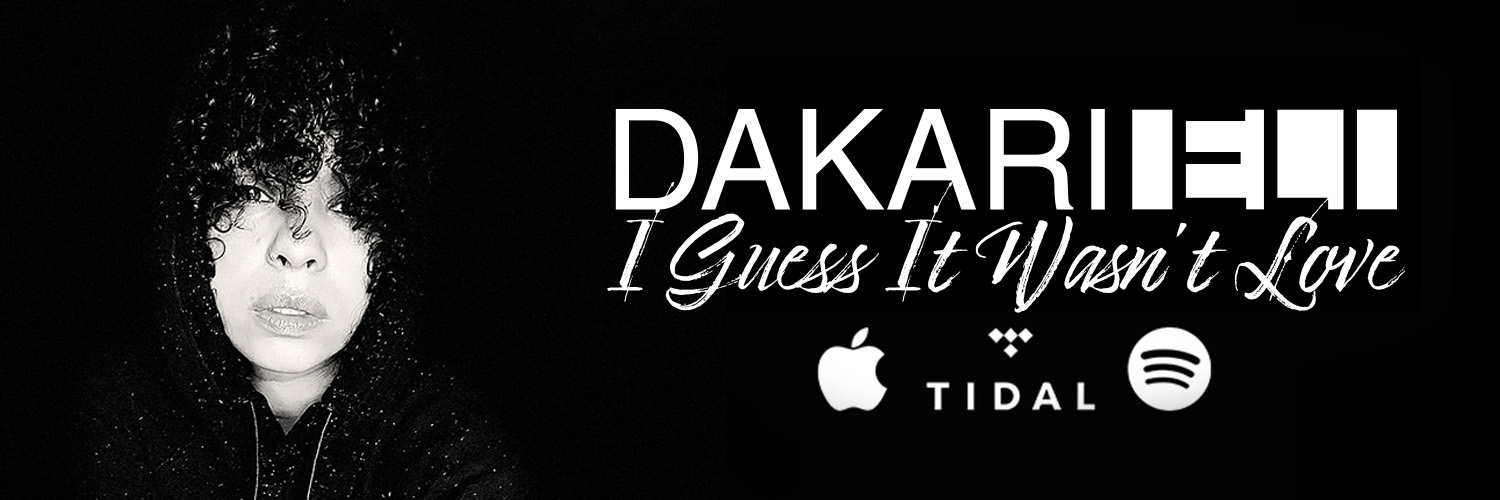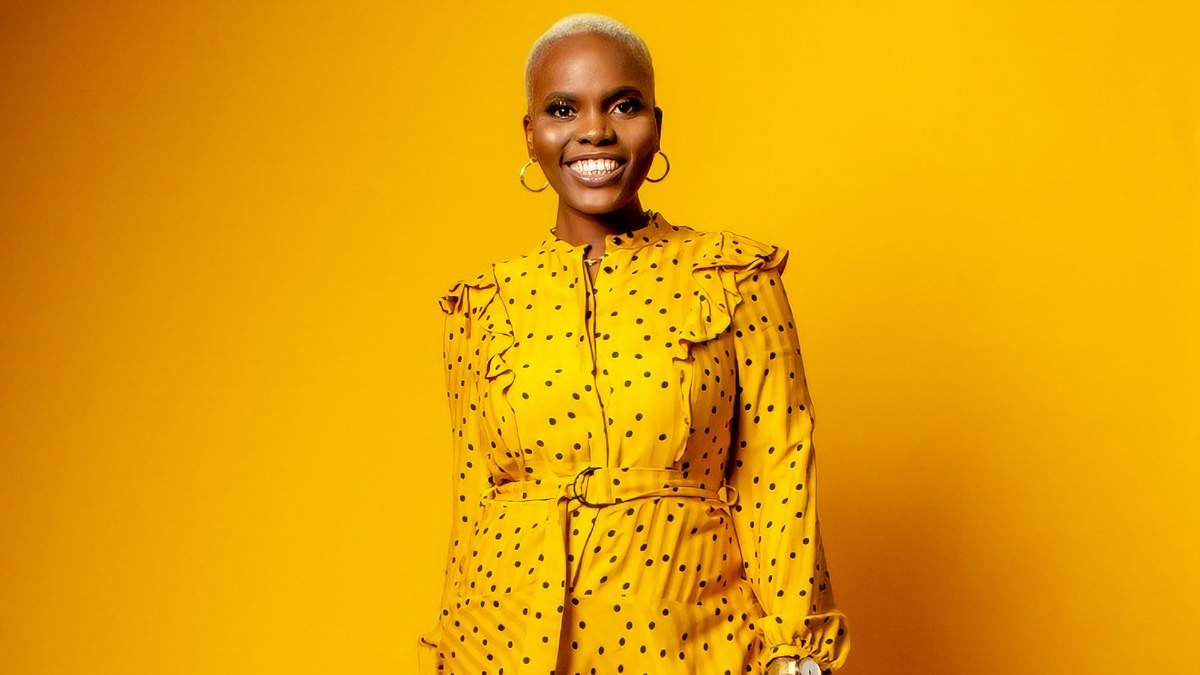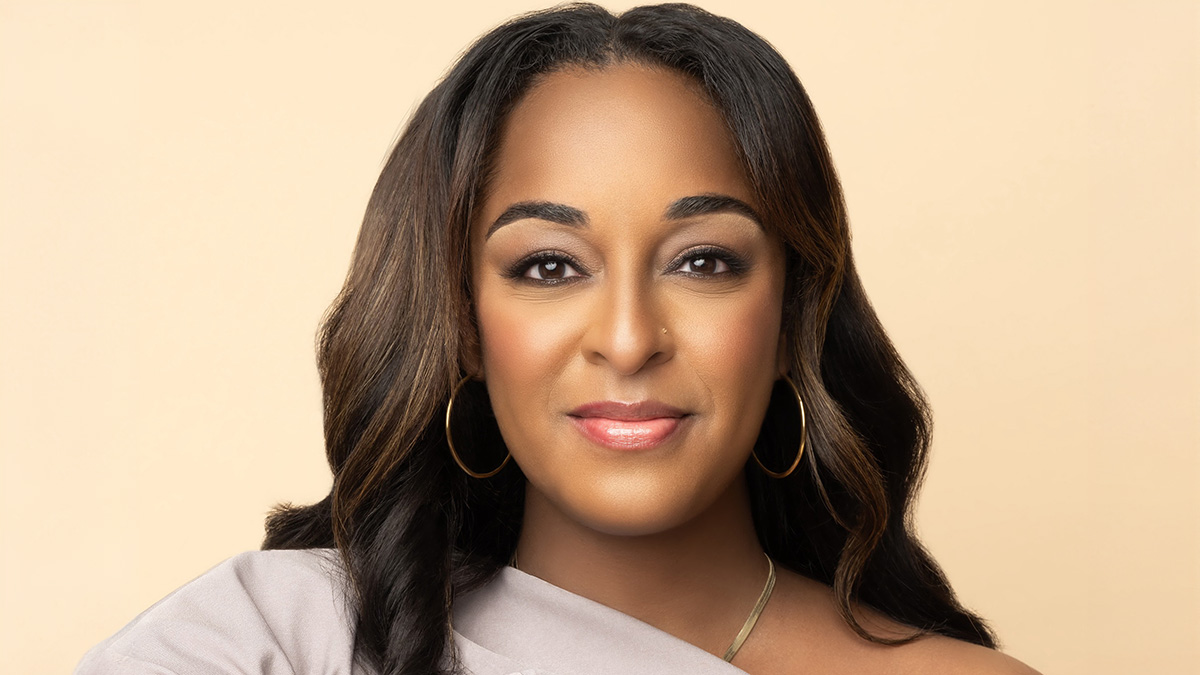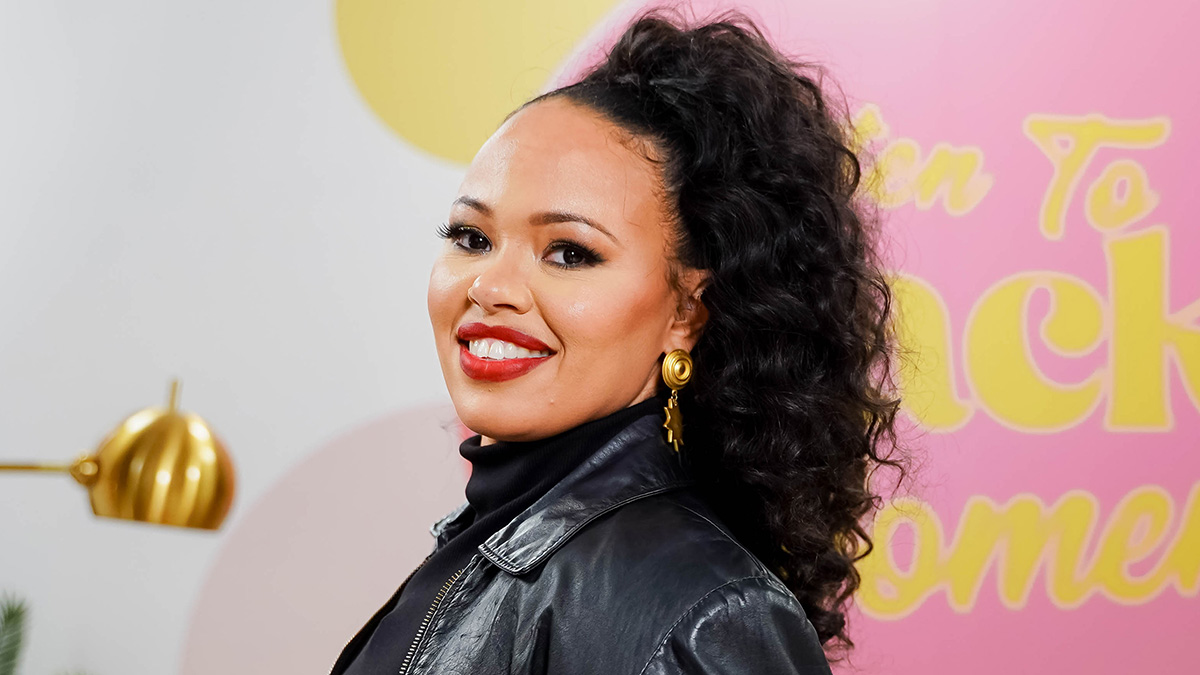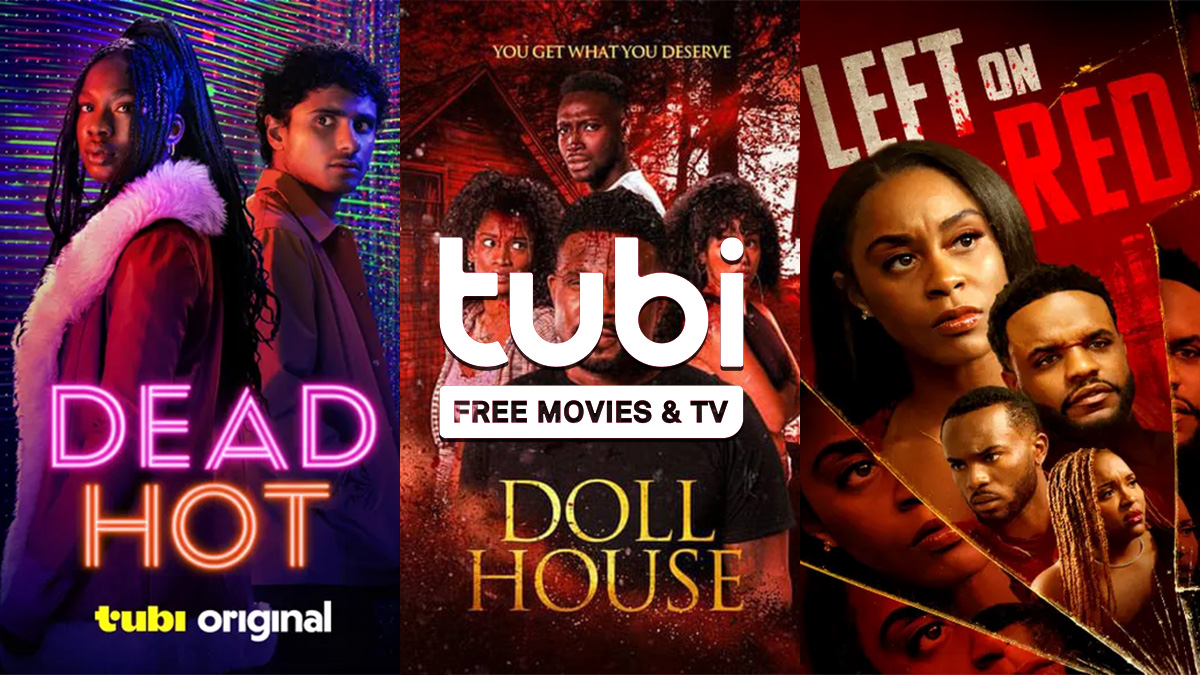A couple months ago, my publicist presented me with a unique opportunity to take a lead in a Juneteenth celebration and the movement to bring Ms. Opal’s Walk For Freedom to London.
Whilst this felt like an incredible and potentially life-changing moment, my initial reaction was one of hesitation and doubt. Despite having consumed all the readings I could about the civil rights movement as a teen, I instinctively felt and still very much feel like I may not be the best person for this job. In fact, as someone who consumes much of current affairs through the lens of social media, Twitter in particular, I couldn’t help but to imagine any announcement of my involvement would likely bring much vitriol my way similar to that which descended upon David Oyelowo’s for his role as Martin Luther King in Selma.
As a Black-British Nigerian woman, I grew up hearing and challenging the disparaging tone of voice as others spoke about Jamaicans whilst simultaneously fighting the third and fourth generation British Caribbean children, some of whom were friends, who felt themselves better than me because I spoke with an “African accent” and had short hair upon my return to London, after initially spending my formative years in Lagos.
Sadly, my year of living and working in Washington D.C. a decade ago was fraught with similar assertions stated to and from Black Americans and recent African immigrants to the United States. Much of this language is often used in the bi-weekly ‘diaspora wars’ that arise on social media simply because as a global majority, Black people are yet to fully understand as Dr. Maya Angelou eloquently stated, “The truth is, no one of us can be free until everybody is free.”
Many people on all sides of the Atlantic perceive Black Americans to be many things; uneducated, lazy, fraught with complaining and having main character syndrome. Yet these are terms that have been used by and to describe many of the key players in the global Black diaspora, namely Nigerians, West Indians, Black Americans and South Africans. And honestly, why shouldn’t we, at times, get to occupy the MAIN CHARACTER role in our story?
“Until the lion learns to read or write, every story will glorify the hunter” is my absolute favourite African Proverb.
Not only is this my email signature quote, but it is a philosophy that shapes so much of how I show up. It is a constant reminder for me of the importance of not only having autonomy in how our stories are told, individually and collectively, but more importantly, it speaks to the need for authenticity in storytelling.
Whilst I have many stories burning within me to share, all informed by my dual heritage, the story of Juneteenth is not mine.
Especially, given that Juneteenth as a concept is something I myself very recently learnt about in the last decade through social media and the film ‘Miss Juneteenth’ featuring Nicole Beharie. In fact, I had not heard about Ms Opal’s ’Walk for Freedom’ until my publicist mentioned it. And this is someone who feels herself to have become ‘woke’ since I first digested the writings of Alex Haley’s ‘The Autobiography of Malcolm X’, James Baldwin’s ‘Go Tell it on The Mountain’, Maya Angelou’s autobiographical series and bell hooks as a teen and young woman. Still, I did not know nearly enough about this celebration and what it means for Black Americans, specifically Black Texans, to be given the mantle of leading a Juneteenth walk.
“My activism was informed by Malcolm, Black Panthers and the Ubuntu principle.”
I tweeted this in February 2022, during the initial stages of my activism and role as co-founder of Black Women for Black Lives. We were able to provide financial, emotional and practical support to over 5000 Black people, mainly African students, that helped them leave Ukraine and find safety in neighbouring countries. I was inspired by how quickly the movement took shape and had the distinct pleasure of leading a dozen incredible Black women who were united in our shared hatred of injustices perpetrated against our kinfolk. But more importantly, I was and remained touched to be able to undertake that difficult work of activism by the amount of support we garnered from Black people across the global diaspora. In fact, I still smile fondly whenever I recall that our largest private anonymous donor was a Black American woman who is an incredible giant in her field.
So although Juneteenth is historically not my holiday to celebrate. I will nonetheless cheer on my Black American brothers and sisters for the momentous occasion the celebrations signify for the Black liberation movement. After all, as the Ubuntu philosophy emphasises, “I am, because you are.”
By Tokunbo Koiki
Tokunbo Koiki is a British Nigerian, mother of one, social worker, serial entrepreneur, founder of Black Women For Black Lives, and avid reader, has launched a business that delivers quarterly book boxes to subscribers, featuring titles from Black authors and other underrepresented voices.
For more information: https://iyaniwurabookclub.com/

